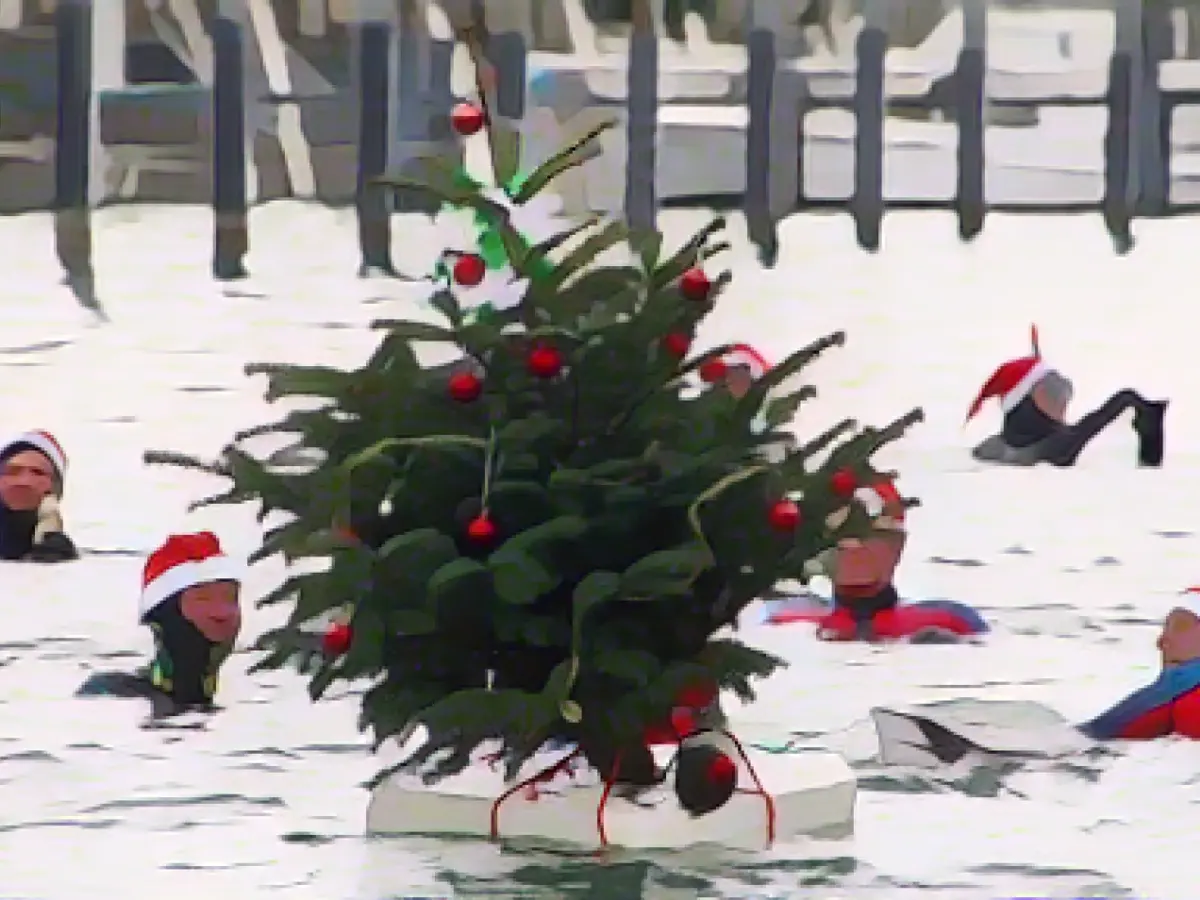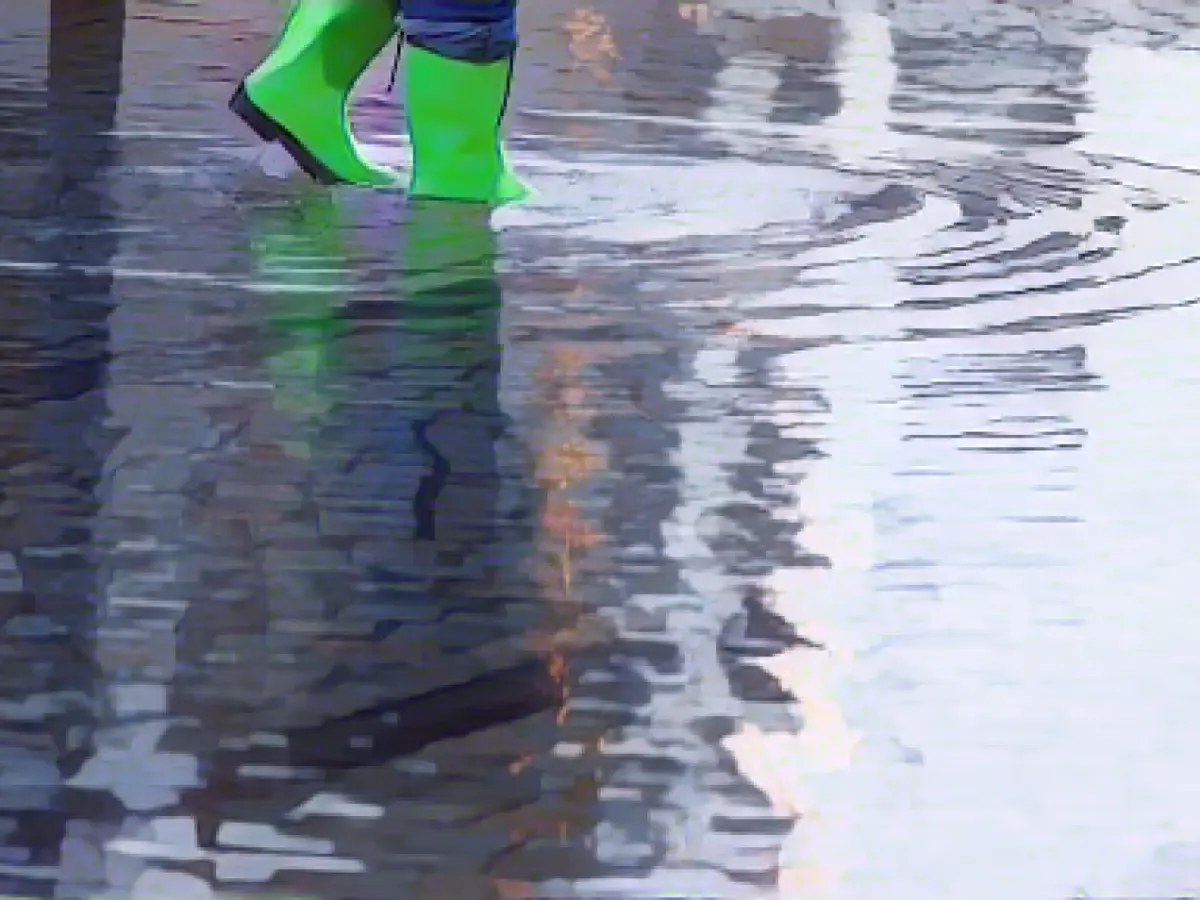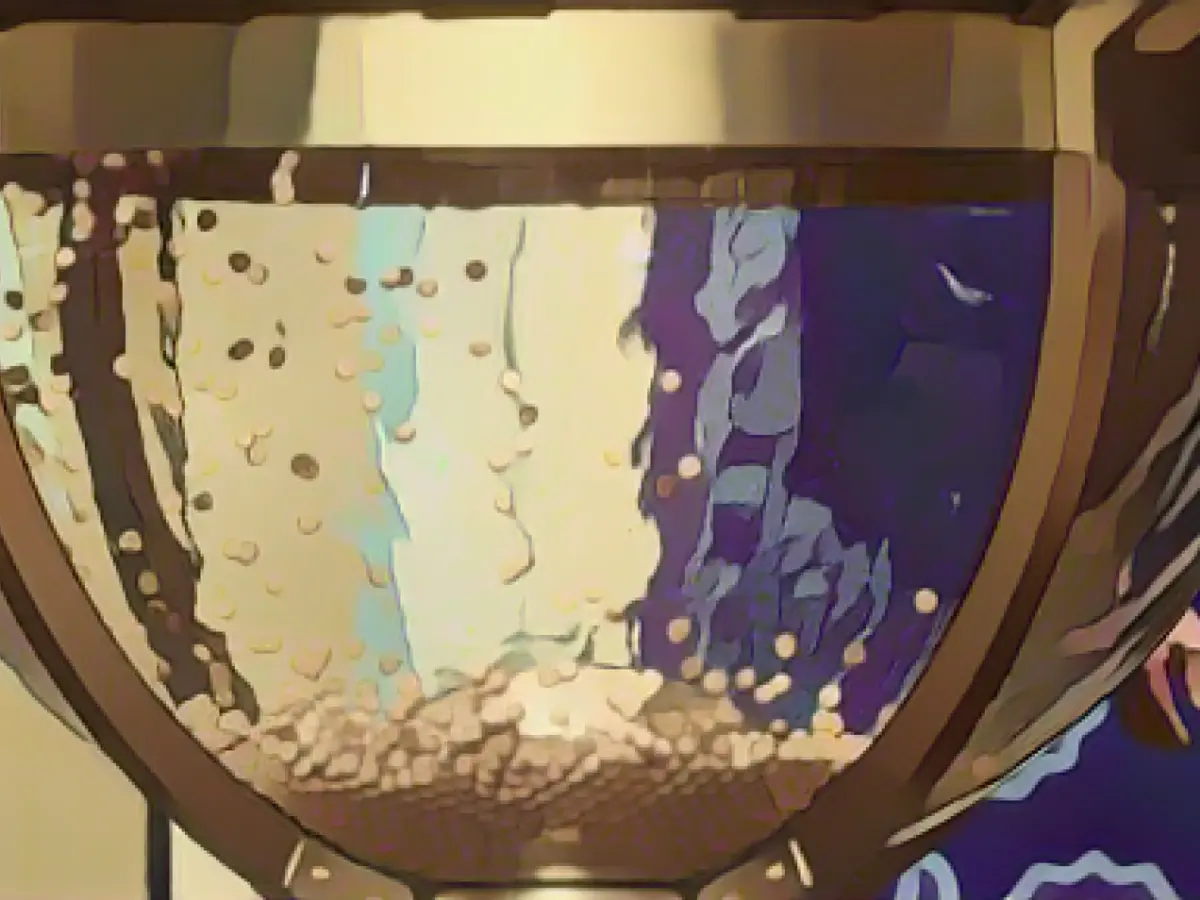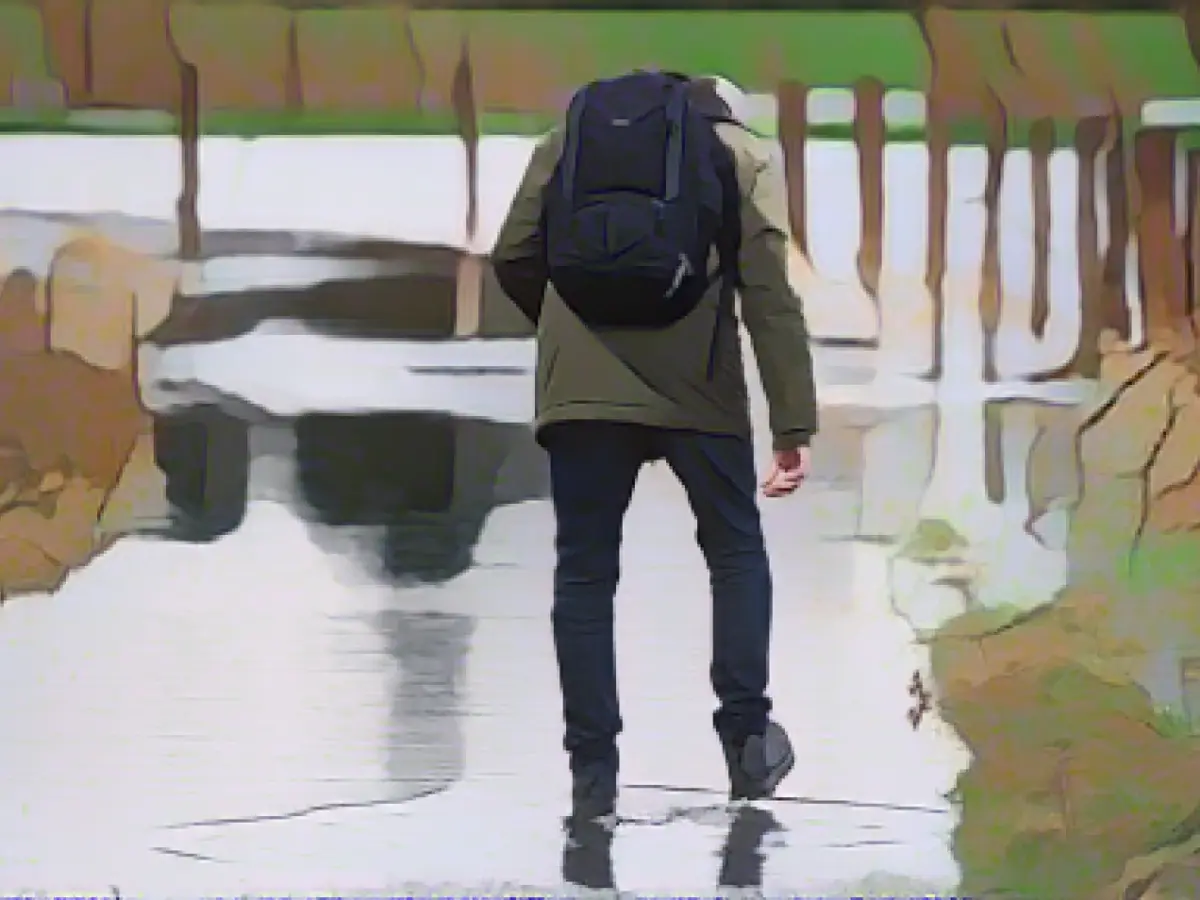Table of Contents
- What Constitutes a 'White Christmas' in Germany?
- Regional Variations and Chances of a White Christmas
- The Impact of Grandfather's 'Golden Age' Claims
- Last Major White Christmas in Germany: 2010
- Is Christmas Timing to Blame?
- Impact of Climate Change on Future White Christmases
The White Christmas: A Rarity in Germany
For many, a 'white Christmas' evokes feelings of peace and tranquility. A picturesque landscape under a blanket of snow seems to encompass the spirit of the holiday season perfectly. However, in Germany, this scene is more of an exception rather than the norm, even prior to climate change. As Marcel Schmid, a climatologist from the German Weather Service (DWD), explains, the conditions required for a 'white Christmas' are quite specific. [Source: Stern Magazine]
Claim: There will never be another white Christmas in Germany.
Assessment: Unlikely, but the chances are decreasing.
Ingredients for a 'White Christmas' in Germany
According to the DWD, therecipe for a 'white Christmas' in Germany is a unique mixture of sufficient cold and moisture. Unfortunately, cold air coming from the North or Northeast tends to be dry, resulting in less precipitation. On the other hand, milder air from the West often brings moisture but seldom snow, making the snow in the 'weather kitchen' a rare mix. [Source: Stern Magazine]
Regional Variations and White Christmas Chances
The likelihood of a 'white Christmas' also depends on where you reside in Germany. As a rule of thumb, residents living in higher altitudes have a higher chance of experiencing snow during Christmas. Interestingly, the coastlines of northern and eastern Germany tend to be warmer during December due to the storage of summer heat in the North and Baltic Seas. [Source: Stern Magazine]
The Impact of Grandfather's 'Golden Age' Claims
Grandpa's nostalgic claims of 'white Christmases' in Germany's lowlands in his youth may not be entirely accurate. An analysis of the National Meteorological Service's climate archive shows that the probability of snow cover on all three Christmas days has decreased by over 50% since the 1960s. [Source: Stern Magazine]
The Last 'White Christmas' in Germany: 2010
The last significant 'white Christmas' in Germany occurred in 2010. As described by the DWD, even though there was some snow in Germany on Christmas Eve, fresh snow accumulations on December 25 resulted in a widespread 'white Christmas' across the country. [Source: Stern Magazine]
Is Christmas At the Wrong Time?
The so-called 'Christmas thaw' typically sets in just before the holiday season, which the DWD describes as a regularity in winter weather. Atlantic air flows in from the West, bringing mild temperatures and sometimes rain, causing any previously accumulated snow to melt. [Source: Stern Magazine]
Impact of Climate Change on Future White Christmases
According to Climate Researcher Valeri Goldberg from TU Dresden, the increasing warmth in atmospheres and oceans has resulted in a decrease in the frequency of white Christmases in Central Europe. The probability of snowy weather in winter has decreased, especially in lower altitudes. This is because cold and moist air masses from the polar regions need to reach Central Europe before snowfall can occur. [Source: Stern Magazine]







